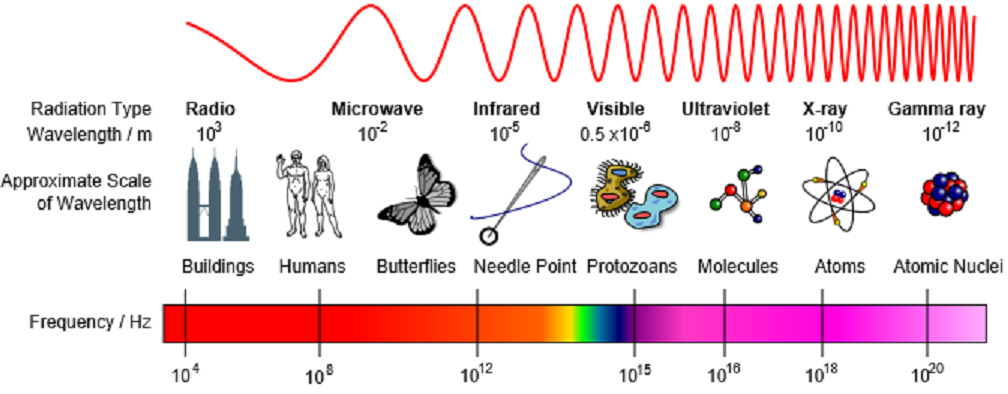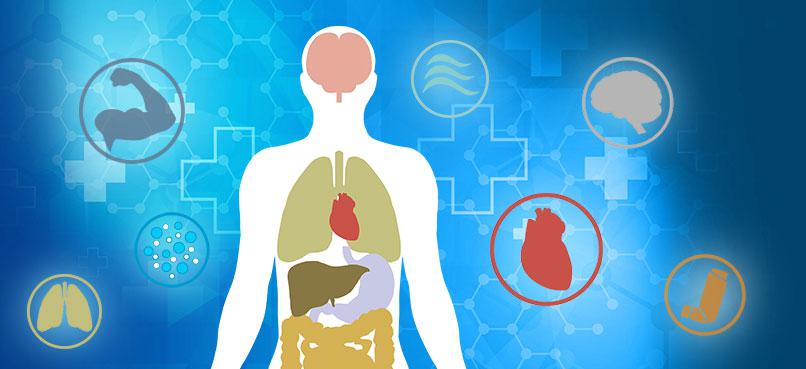Course Summary: This course is an introduction to the world of information technology. It comprehends computer and information literacy. Topics include introduction to basic emerging trends in IT, computer software, programming languages, database system and computer network. This course is designed to provide students with a working knowledge of computer concepts and essential skills necessary for work and communication in today’s fast growing technology.
Course Objective: Students will learn about role of information technology, internet, emerging trends in IT, technical theory, networking, programming, database system and operating systems which will stimulate self-confidence through the knowledge and application of technology. It will induce an introduction to database management systems, with an emphasis on how to organize, maintain and retrieve data efficiently and effectively from a DBMS.

- Teacher: MAHANTA CHAUHAN
COURSE OBJECTIVES: This course is designed to have an understanding of the molecular structure through spectroscopic techniques and ability to separate mixture of compounds
COURSE OUTCOMES:
Students will be able to
CO1: Understand the basics for absorption of electromagnetic radiation in different regions of spectra
CO2: Determine molecular structure of compounds based on principles of nuclear magnetic resonance spectroscopy
CO3: Determine molecular composition through mass spectroscopic technique
CO4: Understand the principle behind different techniques employed for separation and purification of compounds in a mixture
CO5: Have hands on practical experience of experiments based on distribution law, electrochemistry, colorimetry and other physical constants
CO6: Separate compounds based on their relative solubility
CO7: Elucidate functional groups in compounds based on infrared spectroscopic method
CO8: Classify compounds based on their rotational
CO9: Determine bond using microwave spectroscopy
CO10: To develop knowledge pertaining to the appropriate selection of instruments for the successful analysis of complex mixtures.

- Teacher: Dr. SATABDI ROY
Objective of Course :
- The main objective of this course is to initiate the student in understanding the in vitro study of the biological properties that contribute to the prevention, diagnosis, prognosis and monitoring of diseases and disease states in humans.
- To gain an understanding of the Fundamentals of Nutrition through an examination of the identity, acquisition, and utilization of the nutrients and the science of nutrition their action, interaction, and balance in relation to health and disease.
Learning Outcomes:
On completion of the course the student will be able to do the following:
CO1. Demonstrate a thorough understanding of the normal physiology of each organ system of the body.
CO2. Able to apply a thorough understanding of the basic physiologic concepts in clinical scenarios.
CO3. Demonstrate the ability to identify basic abnormal physiologic conditions and to describe their nature.
CO4. The knowledge of the mechanisms by which the human organism obtains and maintains the homeostasis at level of cell and tissue.
CO5. Relate laboratory results to clinical diagnosis and relationship to heart, liver, kidney and pancreas function.
CO6. Correlate laboratory test results with common diseases or conditions
CO7. Utilize knowledge from the physical and biological sciences as a basis for understanding the role of food and nutrients in health and disease processes
CO8. Apply knowledge of health behavior and decision-making skills when assessing and evaluating the nutritional status of individuals and their response to nutrition intervention.

- Teacher: Dr. PRATHYUSHA YAMARTHI
Objective of Course:
The objective of the course is to define the principles of plant biotechnology and how they highlight biological processes.
Learning Outcomes:
On completion of the course the student will be able to:
CO1-Develop fundamental knowledge in Plant Molecular Biotechnology and its application in laboratory and industry settings
CO2- Acquaint with principles, technical requirement, scientific and commercial applications in Plant Biotechnology.
CO3- Determine the factors influencing plant cell differentiation and thereby execute proper techniques/ procedures for the maintenance of sterile condition and proper plant growth.
CO4 - Use bioprocesses and possibilities of living organisms to create and produce specific products.
CO5- Explain how biotechnology is used for plant improvement and discuss the ethical implications of that use.
CO6 - Explain the basics of the physiological and molecular processes that occur during plant growth and development and during environmental adaptations

- Teacher: VARALAKSHMI V